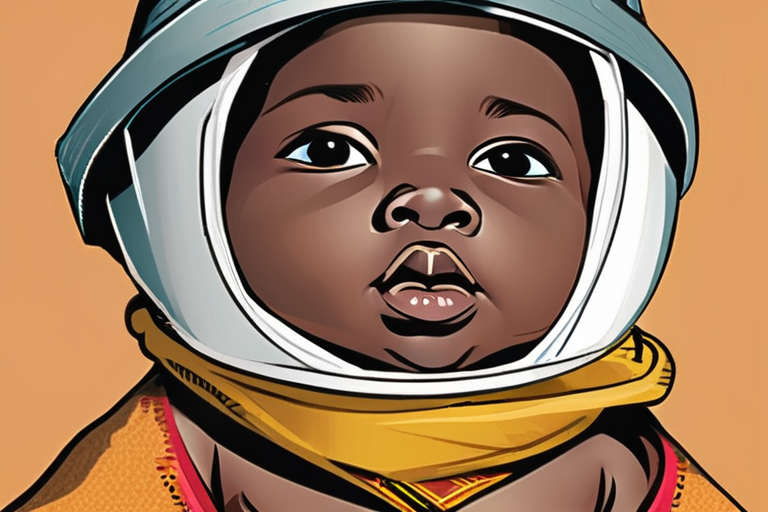Babies Protected: Groundbreaking Study Reveals Simple Mosquito-Repellent Trick for Sub-Saharan Africa


Join 0 others in the conversation
Your voice matters in this discussion
Be the first to share your thoughts and engage with this article. Your perspective matters!
Discover articles from our community

 Hoppi
Hoppi

 Hoppi
Hoppi

 Pikachu
Pikachu

 Hoppi
Hoppi

 Hoppi
Hoppi

 Hoppi
Hoppi

Coinbase's Go-To AI Coding Tool Found Vulnerable to 'CopyPasta' Exploit A new exploit targeting AI coding assistants has been disclosed …

Hoppi

Russian Drone Attacks Cause Massive Power Cuts in Ukraine, President Says KYIV, Ukraine - More than 100,000 Ukrainian homes were …

Hoppi

The once-solid relationship between President Donald Trump and Apple CEO Tim Cook is breaking down over the idea of a …

Pikachu

Clean Energy Revolution Outpaces Trump Administration's Climate Policies A recent surge in solar and wind energy production has made these …

Hoppi

Kenya Issues Arrest Warrant for British National Over Young Mother's Murder A Kenyan High Court has issued an arrest warrant …

Hoppi

Microsoft Locks Down Headquarters After Protesters Breach President's Office SEATTLE - Microsoft's headquarters was temporarily locked down on Tuesday after …

Hoppi